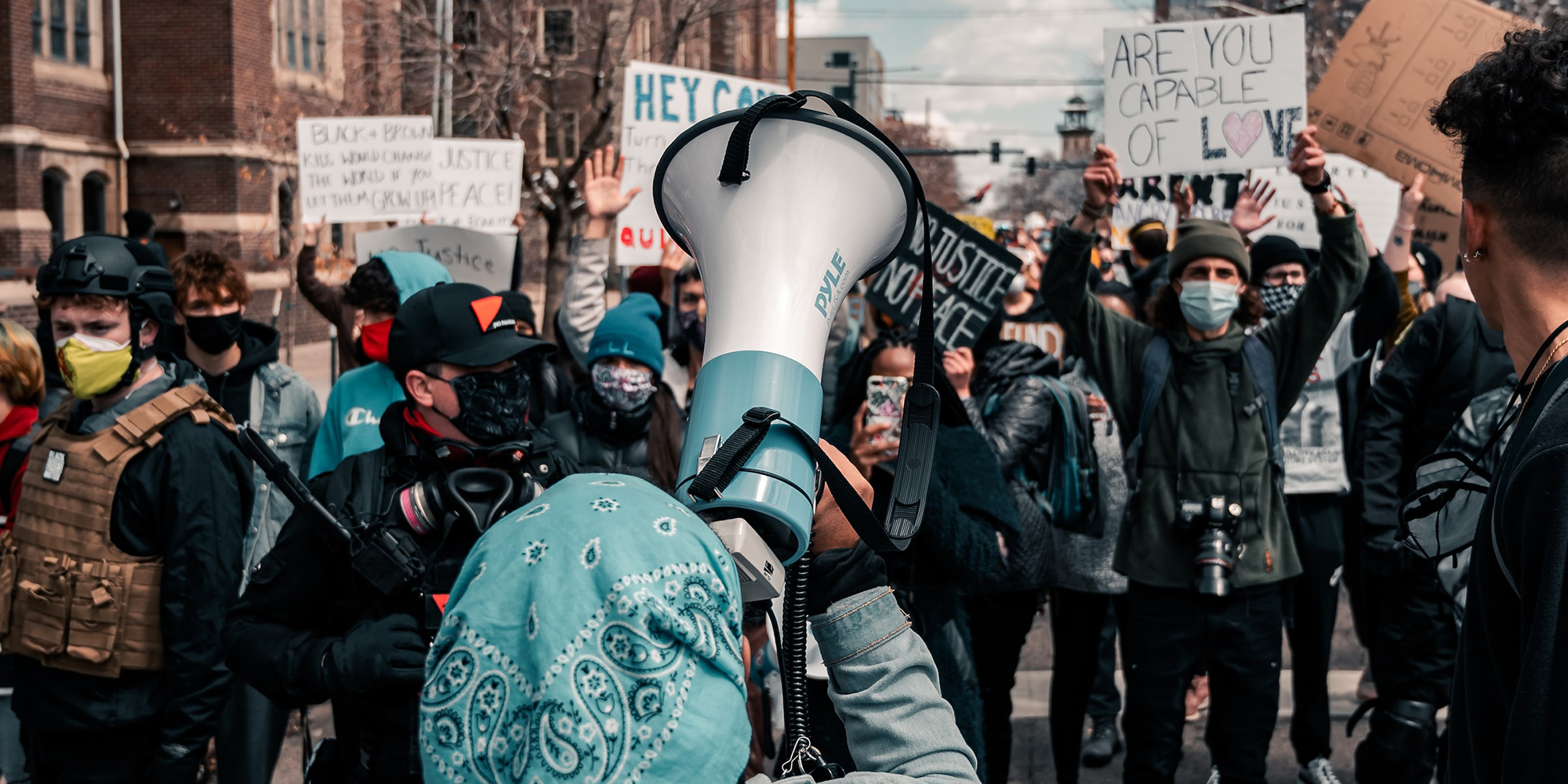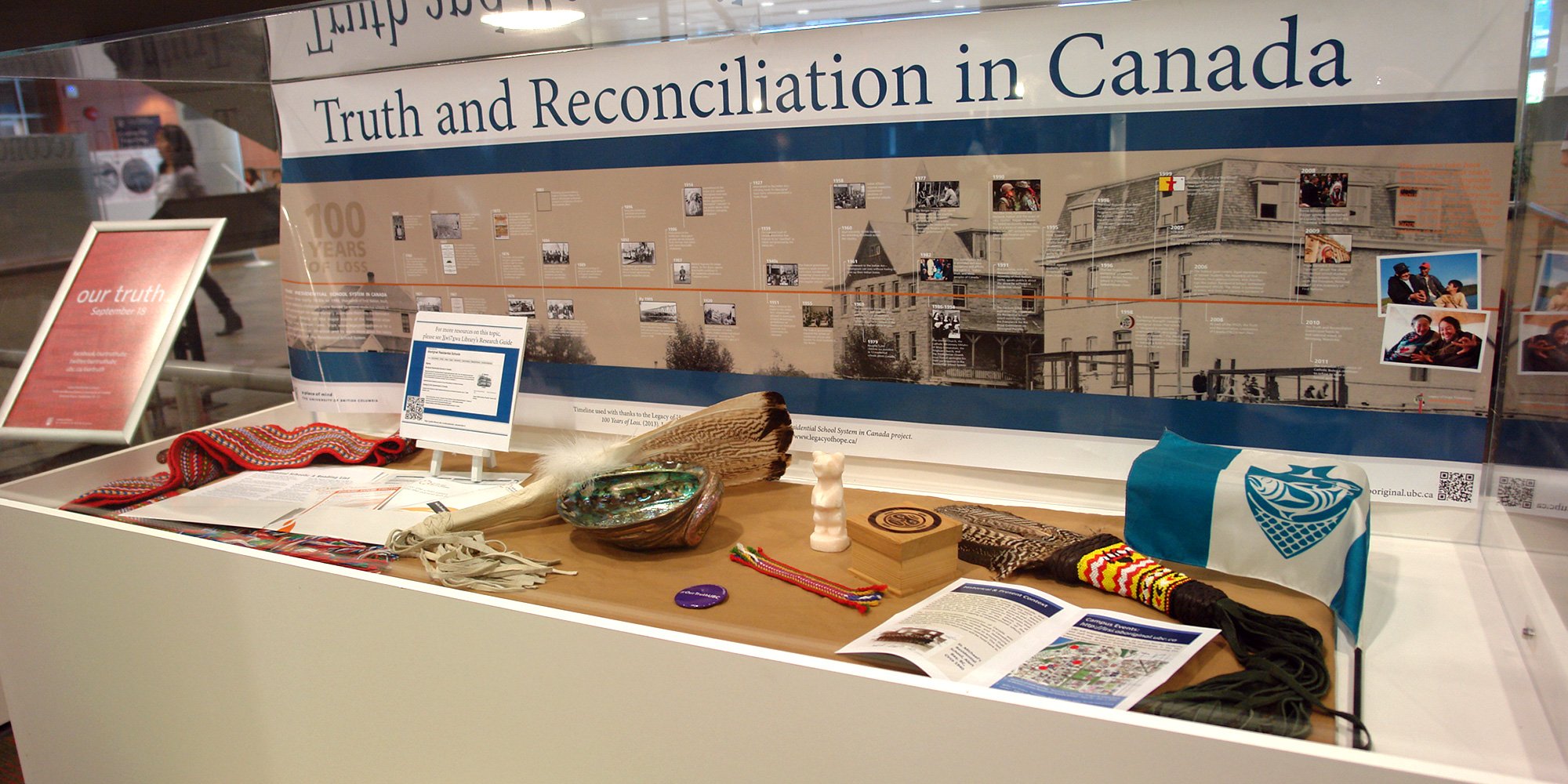1 min read
Why We Need to Stay the Course on Reconciliation
The report of my death was an exaggeration. Mark Twain Is reconciliation dead? Our trainers and staff frequently are asked this question, and...

This year, 2020, has seen some difficult moments in Indigenous relations in this country. But, I don’t think it has been so dire that reconciliation can be deemed dead, as some naysayers are declaring. Do they have the right to make that declaration? What is to be gained by declaring reconciliation dead? Why would anyone want to give up at this point? What is there to gain from giving up? And those who make this declaration, do they have an alternative option? Something better that is going to effectively change the status quo faster?
I submit for your consideration the twenty-one headings listed in the Summary Report of the Truth & Reconciliation Commission of Canada. The twenty-one headings expand to 94 calls to action. The headings are important because they touch all levels of society which shows you that reconciliation isn’t just about the building of pipelines.
I don’t think the teachers, entities, organizations and individuals who have been engaging in reconciliation feel that it is a lost cause. I don’t feel that way and I know my father, Chief Robert Joseph, O.C, O.B.C, does not feel that way. He has dedicated the latter years of his life to supporting and encouraging reconciliation in everything he does, every day. I am the same. It is my personal and professional goal to change the world, one person, at a time. My father won’t give up, nor will I.
Don’t get me wrong - I am disappointed and disheartened by some actions on the part of governments, the judicial system, and some individuals. But never to the point of throwing up my hands and giving up. Indigenous people have never had this much traction or this many allies and advocates as we now have. There are great discussions happening. People want to learn about history, the injustices, the inequalities, and what they can do to facilitate reconciliation. People are changing their perspectives, corporations are changing their cultures. I see it every day in the people who take our training, visit our blog often, and download our free resources.
Why would we let down teachers when some are spending their own money to buy resources such as 21 Things® You May Not Know About The Indian Act to use in their classroom because funding for updating the curriculum has been cut? Teachers of their own volition are hosting Twitter chats, book clubs etc about reconciliation so they can teach it/talk about it with their students. They are doing important work informing the very people who are going to be our future leaders, government ministers, CEOs, and managers. Do you say to those teachers “Quit, give up, don’t bother, reconciliation is dead”?
In 2015, shortly after the TRC released its report on the residential schools and its 94 calls to action for reconciliation, an Angus Reid poll was conducted. It found:
Seven-in-ten agree with the TRC’s characterization of residential schools as “cultural genocide. [1]
In 2018, another poll by Angus Reid Institute found:
...six-in-ten Canadians (61%) say they have optimism about the future of the relationship between Indigenous and non-Indigenous Canadians. [2]
In 2020, an online Léger survey of non-Indigenous Quebecers found:
...92 per cent of respondents said they felt First Nations community members are subject to racism or discrimination in Quebec... [3]
A dysfunctional relationship developed over a span of 150-plus years is not going to be fixed in one generation. It’s going to be a work in progress forever and it’s going to be a slow process. Patience and determination are essential elements in the reconciliation process. Look at the late Joe Gosnell who spent 27 years as a key negotiator for the very successful Nisga’a Treaty, the first modern treaty in Canadian history. I am sure there were points when he felt overwhelmed, disappointed and disheartened but he did not give up. He stayed with the process because he knew it was the right thing to do for the future of his community.
Reconciliation is not about this generation. We are doing it for our children and their children. If reconciliation is dead what does the future you are consigning to your children look like? I see it as one filled with anger, vitriolic and mean-spirited anger. Look at the country through the lens of the Seventh Generation Principle, which is based on an ancient Haudenosaunee philosophy that the decisions we make today should result in a sustainable world seven generations into the future. If reconciliation is declared dead now, we are saddling our kids and their kids’ kids’ kids’ kids’ kids’ kids with a continued dysfunctional relationship. We have to keep plugging away for our kids.
In Indigenous cultures, which are as ancient as time itself, every tribal society had in its context a way to reconcile with all. It was this consciousness within Indigenous cultures that brought us to a better place, to a higher, deeper and better inner self. I believe reconciliation is within all of us.
Therefore there are many different people involved in reconciliation. The 94 calls to action are for everyone, not just a handful of politicians, academics, lawyers, and pundits. To them, giving up is easy. Some made promises and then forgot their promises. All have overlooked or forgotten the years that the survivors spent trying to get an acknowledgement and official apology from the highest office. Staying the course on reconciliation requires hard work, commitment, determination, vision, strength of character, leadership, stamina, and energy.
I’m not betting on politicians, academics, lawyers, or pundits. I’m betting on everyday Canadians and institutions to do the work. It is the individuals who are driving reconciliation, they are the champions of change. They are empowering themselves with knowledge and having informed conversations with family around the dinner table, with their friends, and with their colleagues. That's where I’m placing my bet. They are the heroes that fill me with hope.
[1] Truth and Reconciliation: Canadians see value in process, skeptical about government action
[2] Truths of reconciliation: Canadians are deeply divided on how best to address Indigenous issues
[3] Majority of Quebecers recognize systemic racism is an issue for First Nations people, survey suggests
Featured photo: Unsplash

1 min read
The report of my death was an exaggeration. Mark Twain Is reconciliation dead? Our trainers and staff frequently are asked this question, and...
The Truth and Reconciliation Commission (TRC) released its final report in December 2015 - a massive 3700-page tome resulting from the six-year...

For a very long time, mainstream Canadians were unaware of the horrors and conditions that 150,000 Indigenous children endured in the Indian...